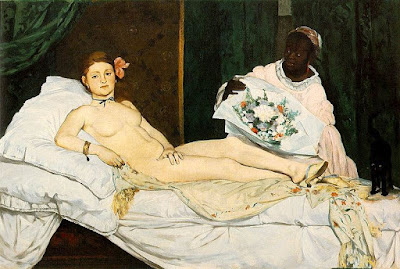In comparison, Disraeli seemed to relish in the business of empire. In 1872 in the Crystal Palace and Manchester Speeches he set down the maintenance of the British empire and British interests, such as trade, as a central part of his belief in Tory Democracy. He was prepared to engage the British in campaigns regardless of cost. And he was the master of opportunity. For example, Disraeli jumped at the purchase of the Suez Canal Shares: Gladstone called it a ‘ruinous and mischievous misdeed’, but it was an important sign that the British government was prepared to defend her overland routes to India. It was interesting that Gladstone when he returned to power in 1880 did not reverse the purchase. Indeed, the irony is that Gladstone in 1882 ordered the bombing and complete occupation of Egypt in order to preserve British interests: arguably, this was much more of a forward policy than anything Disraeli proposed.


